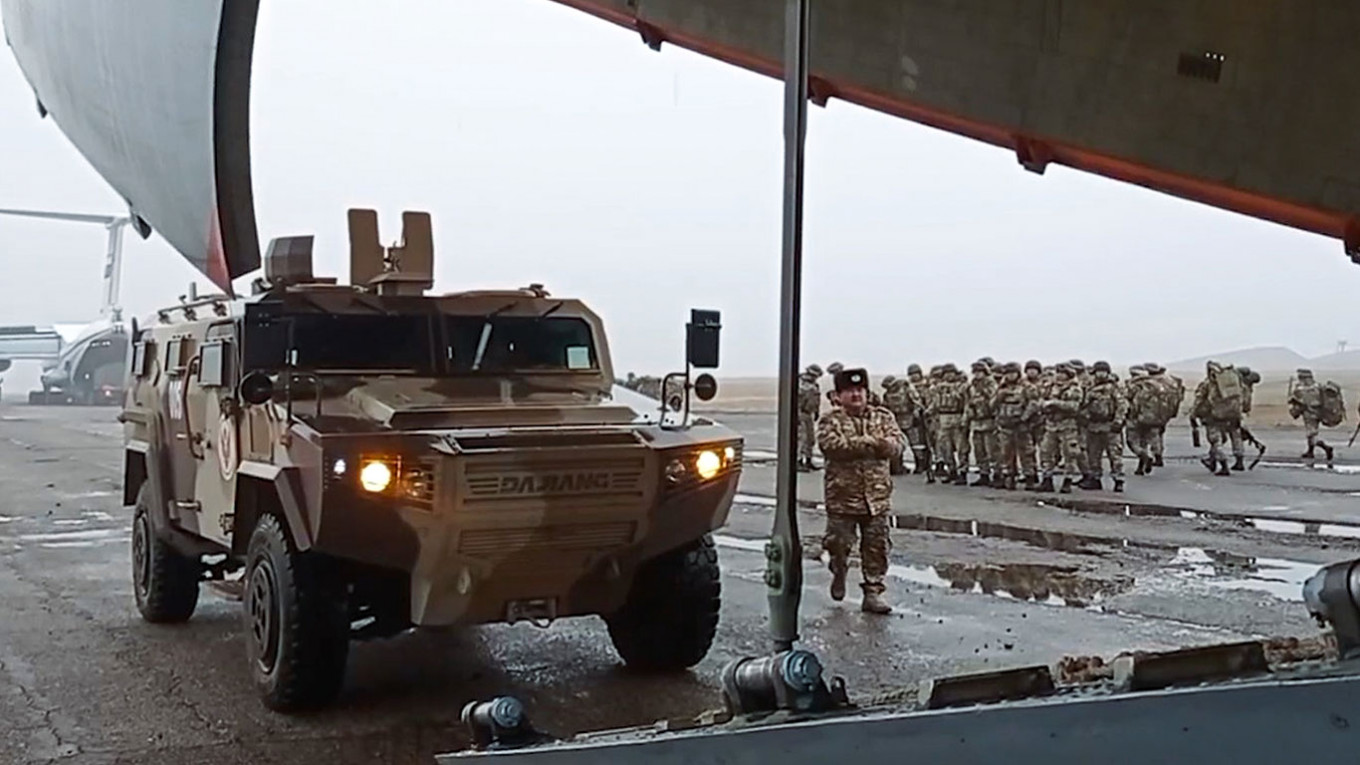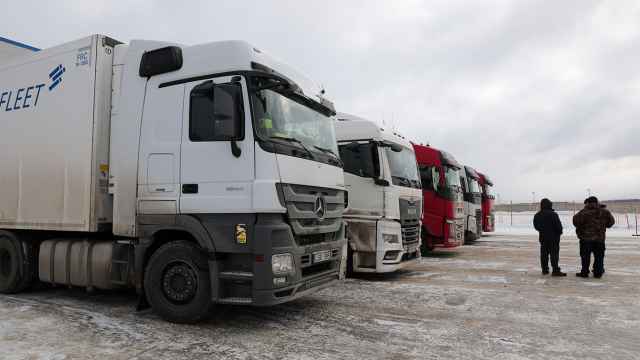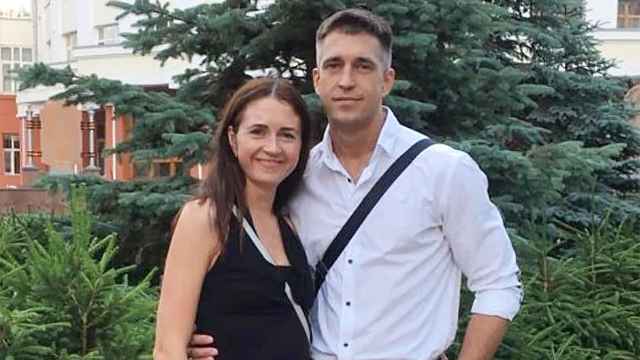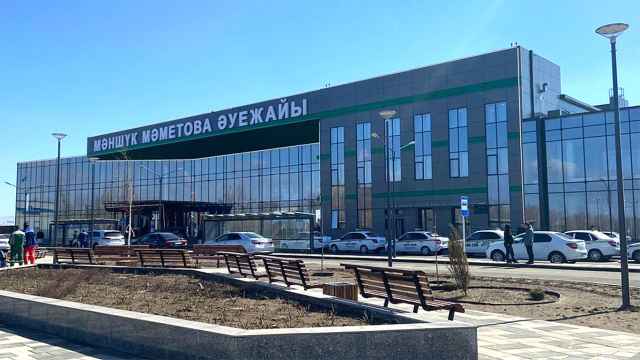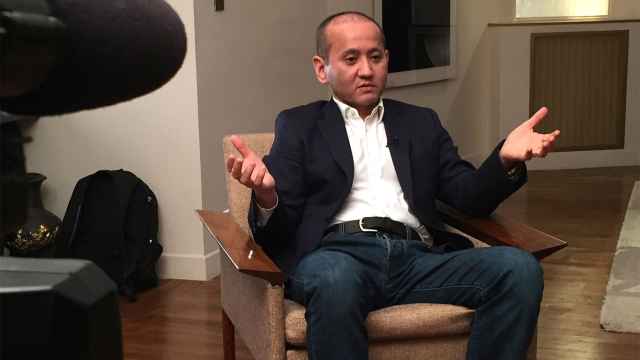Kazakhstan's President Kassym-Jomart Tokayev said Tuesday that a contingent of Russia-led forces would begin leaving the troubled Central Asian country in two days, with the pullout to take no more than 10 days.
"The main mission of the CSTO peacekeeping forces has been successfully completed," Tokayev said, referring to troops of the Collective Security Treaty Organization.
"In two days a phased withdrawal of the CSTO united peacekeeping contingent will begin. The withdrawal process of the contingent will take no more than 10 days," he said, addressing the government and parliament in a videoconference call broadcast live.
The CSTO mission of more than 2,000 troops was despatched at the peak of the crisis last week, after armed clashes between government opponents and security forces and a looting spree rendered parts of the largest city Almaty almost unrecognizable.
Tokayev also appeared to have further bolstered his position, backing acting prime minister Alikhan Smailov to take on the job permanently — a nomination that won the unanimous support of lawmakers Tuesday.
Kazakhstan has framed last week's unrest that grew out of a peaceful protest against an energy price hike in the west of the country and left dozens dead as a coup attempt assisted by foreign terrorists, but the crisis has also laid bare infighting at the very top of the government.
Tokayev's mentor, founding president Nursultan Nazarbayev, has yet to appear publicly since the crisis began, despite Nazarbayev's aide claiming that the 81-year-old strongman was in the capital Nur-Sultan and in dialogue with Tokayev.
Former national security committee chief Karim Masimov — a key Nazarbayev ally viewed by many as perpetuating the retired president's influence over government — was arrested on Saturday.
A Message from The Moscow Times:
Dear readers,
We are facing unprecedented challenges. Russia's Prosecutor General's Office has designated The Moscow Times as an "undesirable" organization, criminalizing our work and putting our staff at risk of prosecution. This follows our earlier unjust labeling as a "foreign agent."
These actions are direct attempts to silence independent journalism in Russia. The authorities claim our work "discredits the decisions of the Russian leadership." We see things differently: we strive to provide accurate, unbiased reporting on Russia.
We, the journalists of The Moscow Times, refuse to be silenced. But to continue our work, we need your help.
Your support, no matter how small, makes a world of difference. If you can, please support us monthly starting from just $2. It's quick to set up, and every contribution makes a significant impact.
By supporting The Moscow Times, you're defending open, independent journalism in the face of repression. Thank you for standing with us.
Remind me later.


